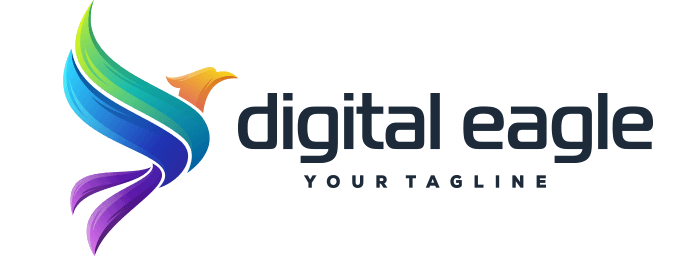


0+
Years of experience
Get to Know
Dialers
A dialer is a software or hardware tool used to place telephone calls. Dialers are commonly used in various contexts, such as telemarketing, customer support, and personal use. They streamline the process of making calls, improving efficiency and productivity. Here’s an overview of different types of dialers, their functions, and key considerations:
Types of Dialers
Manual Dialers:
- Description: Traditional dialers where users manually enter phone numbers using a telephone keypad.
- Use Case: Common in personal use and small businesses.
Predictive Dialers
- Description: Automated systems that predict when an agent will be available and automatically dial multiple numbers to connect calls to available agents.
- Use Case: Often used in telemarketing and outbound call centers to maximize agent productivity.
- Features: Can adjust the dialing rate based on agent availability and call connection rates.
Auto-Dialers:
- Description: Automatically dial numbers from a pre-defined list and connect answered calls to agents or play pre-recorded messages.
- Use Case: Used in telemarketing, debt collection, and appointment reminders.
- Features: Can be configured for various calling campaigns, including automated messages and call forwarding.
Power Dialers:
- Description: Automatically dials numbers from a list and connects answered calls to agents. Unlike predictive dialers, they dial one number at a time but are faster than manual dialing.
- Use Case: Suitable for sales teams and customer support where a more personal touch is needed.
Preview Dialers:
- Description: Allow agents to review information about the contact before dialing. The agent has control over when to initiate the call.
- Use Case: Ideal for situations where agents need context before making a call, such as in customer service or account management.
Progressive Dialers:
- Description: Similar to preview dialers but automatically dials the next number when an agent becomes available, without requiring manual initiation.
- Use Case: Used in environments where a balance between automated dialing and personal interaction is needed.
Smart Dialers:
- Description: Advanced systems that use algorithms and AI to optimize dialing strategies, including call routing, scheduling, and script management.
- Use Case: Used in large-scale call centers and organizations with complex dialing needs.
Key Features
Call Management :
- Scheduling: Schedule calls for specific times or dates.
- Call Queuing: Manage incoming and outgoing calls to ensure efficient handling.
Integration:
- CRM Integration: Sync with Customer Relationship Management (CRM) systems to access and update customer information during calls.
- Reporting: Generate reports on call metrics, such as call volume, duration, and success rates.
Customization:
- Scripts: Use scripts or call guides to maintain consistency and professionalism in conversations.
- Campaign Management: Configure dialing campaigns based on different criteria or goals.
Compliance:
- Regulations: Ensure adherence to regulations such as Do Not Call lists and call recording laws.
- Call Recording: Record calls for quality assurance, training, or legal purposes.
Analytics:
- Performance Tracking: Monitor agent performance, call outcomes, and campaign effectiveness.
- Predictive Analytics: Use data to forecast call volumes and optimize dialing strategies.
Considerations
Cost: Evaluate the cost of the dialer system, including setup, licensing, and ongoing maintenance or subscription fees.
Scalability: Ensure the dialer system can scale with your needs, whether you’re expanding your team or increasing call volumes.
User Training: Provide adequate training for users to ensure they can effectively utilize the dialer’s features and functionality.
Integration: Check compatibility with existing systems, such as CRM platforms or customer databases.
Compliance: Adhere to legal and regulatory requirements to avoid potential fines or legal issues.
Technical Support: Ensure the dialer provider offers reliable support for troubleshooting and resolving issues.






